Overview
Álvaro Vargas Llosa, a prominent journalist and writer, delves into the reasons why literature remains a crucial aspect of human culture and intellectual life. He examines how literature influences personal identity, societal values, and the broader cultural landscape.
Key Themes
- The Power of Narrative: Vargas Llosa emphasizes the fundamental human need for stories. He discusses how narratives help individuals make sense of their experiences, shape their identities, and understand the complexities of life. Literature, through its diverse narratives, provides a means for people to explore different perspectives and gain a deeper understanding of themselves and others.
- Cultural and Historical Insight: Literature offers a window into different cultures and historical periods. Vargas Llosa argues that by reading literature from various times and places, readers can gain insights into the human condition, historical events, and cultural practices. This broadens their worldview and fosters empathy and cultural appreciation.
- Moral and Ethical Reflection: Literary works often engage with moral and ethical questions, prompting readers to reflect on their values and beliefs. Vargas Llosa discusses how literature challenges readers to consider complex moral dilemmas, explore the consequences of actions, and think critically about justice, responsibility, and human behavior.
- Literature as Resistance: In the face of political and social oppression, literature has often served as a form of resistance and a means of preserving cultural identity. Vargas Llosa explores examples of how writers have used literature to challenge authoritarian regimes, critique social injustices, and advocate for freedom and human rights.
- The Aesthetic Experience: Vargas Llosa highlights the aesthetic pleasure that literature provides. He celebrates the beauty of language, the craft of storytelling, and the emotional resonance of well-written works. This aesthetic experience, he argues, enriches readers’ lives and provides a source of joy and inspiration.
- Intellectual and Personal Growth: Reading literature stimulates intellectual curiosity and personal growth. Vargas Llosa discusses how engaging with complex texts encourages critical thinking, enhances creativity, and fosters a lifelong love of learning. Literature, in this view, is essential for personal development and intellectual fulfillment.
Conclusion
Álvaro Vargas Llosa’s “Why the Literature” is a passionate defense of the enduring value of literature. It underscores how literature shapes our understanding of the world, challenges our preconceptions, and enriches our intellectual and emotional lives. Through its exploration of narrative power, cultural insight, moral reflection, resistance, aesthetic experience, and personal growth, the book makes a compelling case for why literature remains indispensable in the modern world.
If you would like to know more specific details about Álvaro Vargas Llosa’s arguments or obtain direct quotes, it would be beneficial to access the book or related discussions directly.

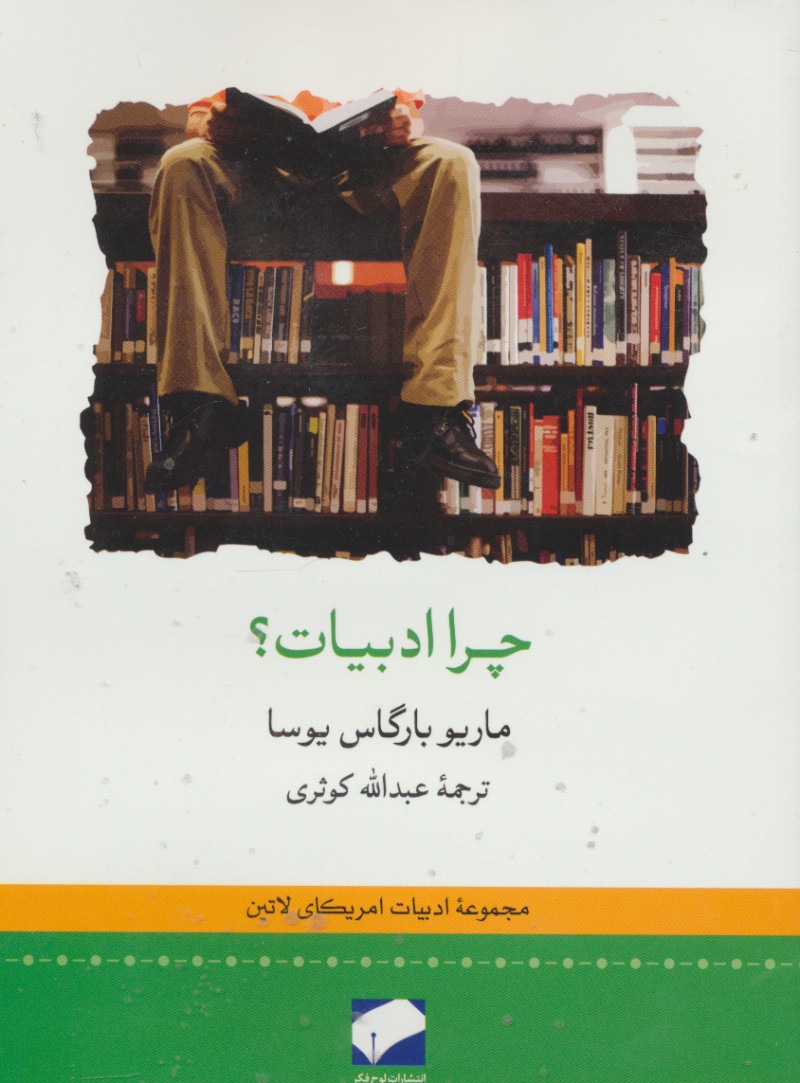
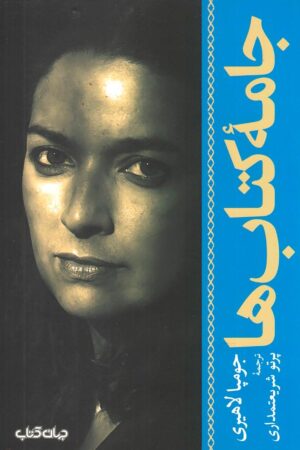
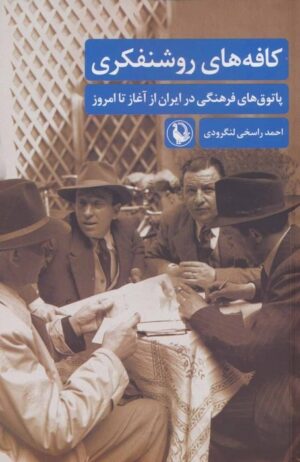
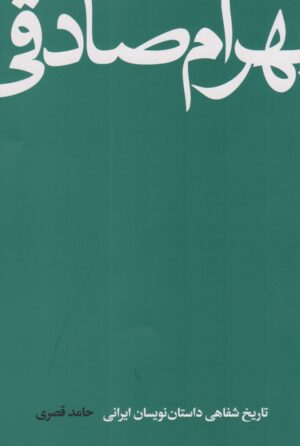
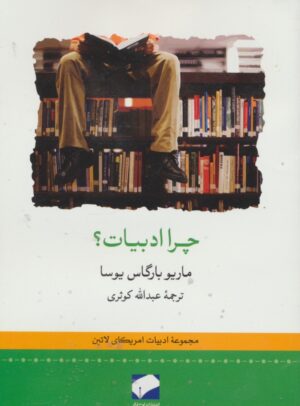
Reviews
There are no reviews yet.